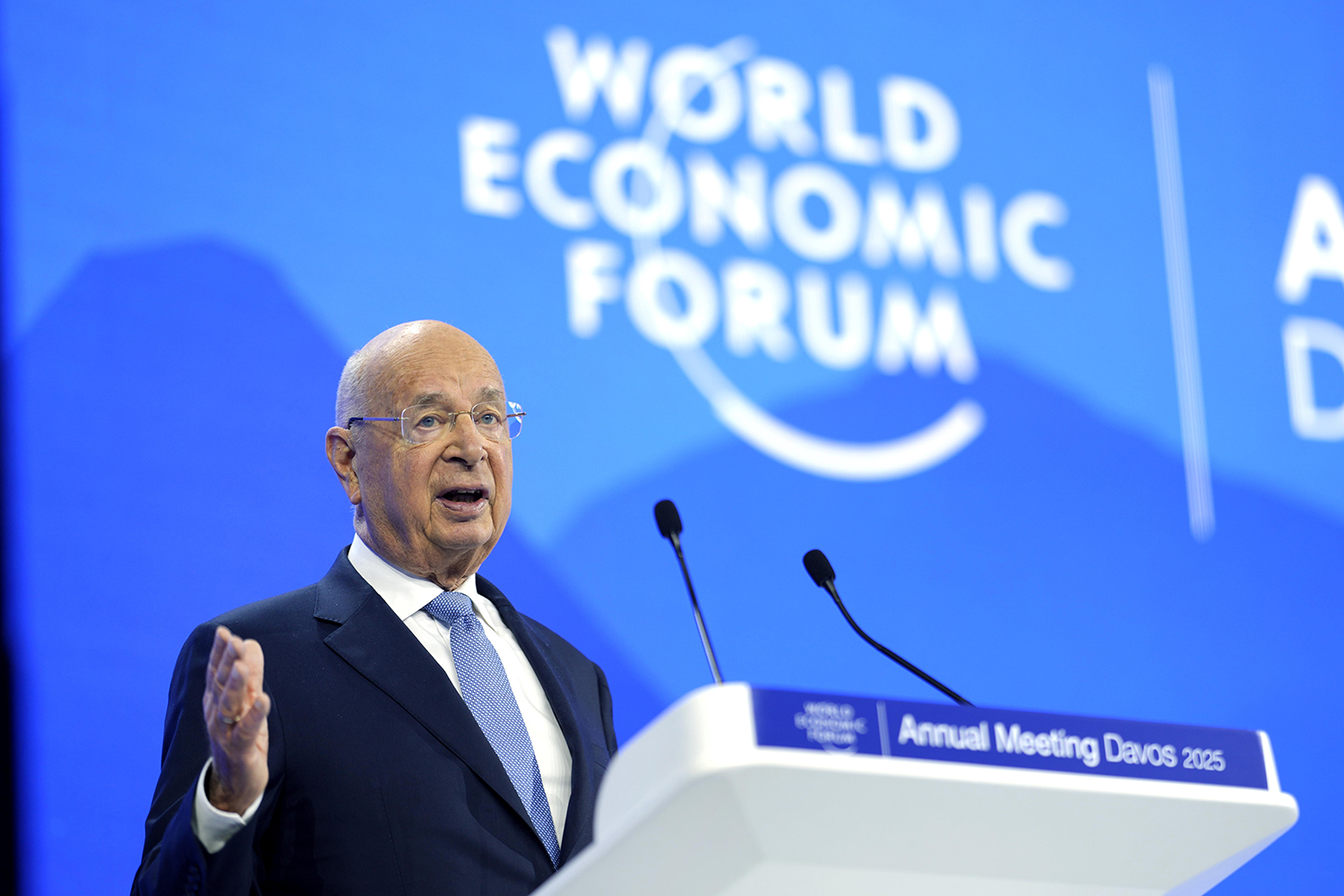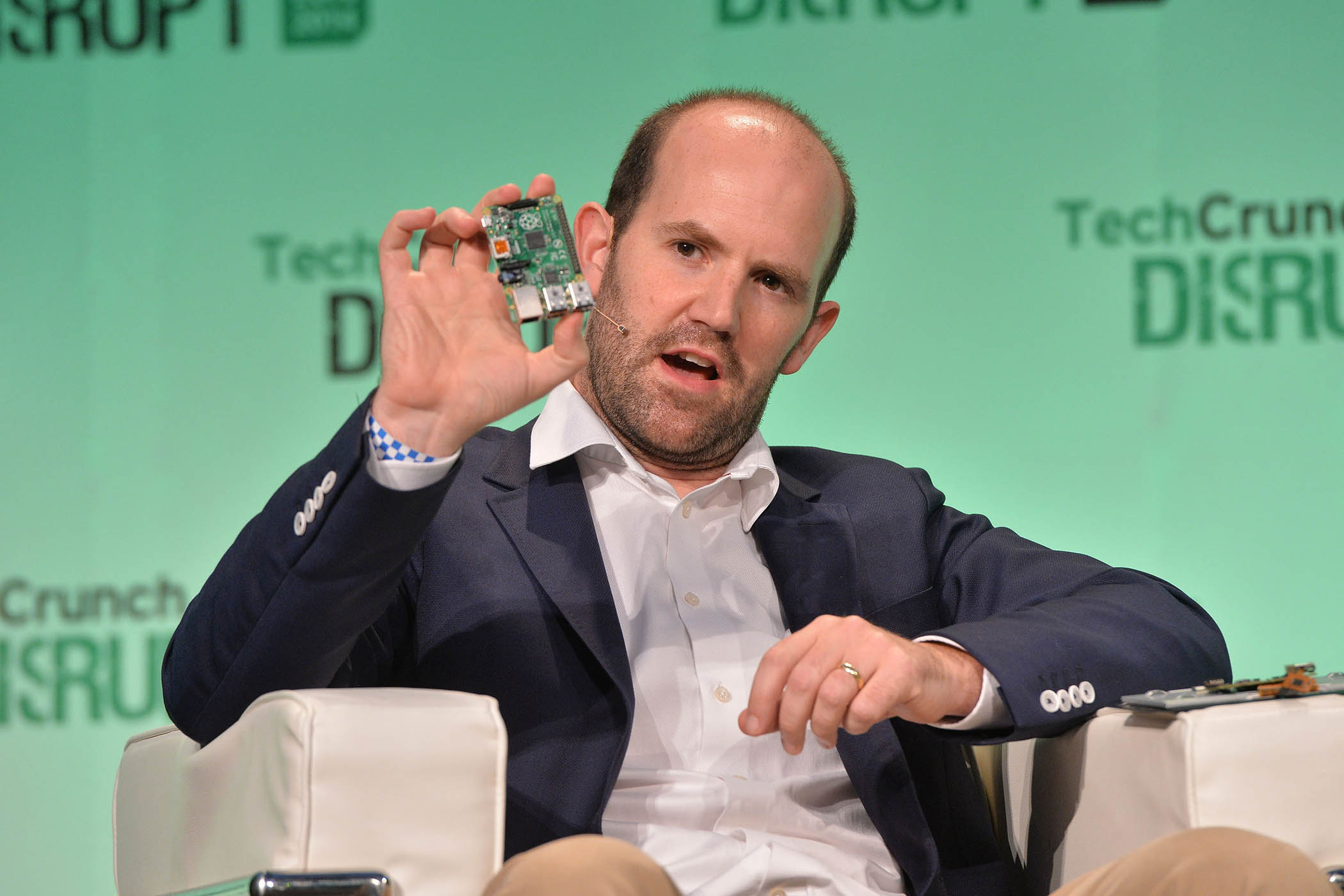Klaus Schwab’s surprise resignation leaves a huge vacuum at the top of the World Economic Forum, best known for its annual gathering of the global elite in Davos. Quitting to clear his name following allegations of financial and other improprieties was not the end Prof Schwab would have wanted to his 54-year reign at the organisation he founded as a conference for academics and business leaders. Although he relinquished some control last year, his decades-long reluctance to come up with a convincing succession plan suggests he had hoped to die with his boots on, like the Pope.
Ironically, as long as investigations don’t turn up anything too unpleasant, leaving now may ultimately secure Schwab’s legacy. He has tried hard to position the WEF as an official part of the global governance system where multistakeholder solutions to global problems are brought to life by bringing together government, business and civil society. Yet these efforts have struggled against a buffeting by critics who claim, however unfairly, that he is too attracted to the rich and powerful (especially autocrats) and too ready to put money generation ahead of the nominally nonprofit WEF’s mission of “improving the state of the world”. Now he’s out, these criticisms, in theory, can be addressed more easily.
The biggest challenge is to find a new chair with the credibility and diplomatic skills to get world leaders to play nicely – something that Schwab, at his best, did brilliantly. Two former British prime ministers have been tipped for the role in the past - Tony Blair and Gordon Brown. Peter Brabeck-Letmathe, a former Nestlé boss who has been installed as interim chair, and former Norwegian foreign minister Børge Brende, who runs the WEF day to day, may fancy their chances. But unlike the Vatican’s conclave of cardinals, the WEF board is free to appoint a woman. One name being whispered is Davos regular and head of the European Central Bank, Christine Lagarde.
Newsletters
Choose the newsletters you want to receive
View more
For information about how The Observer protects your data, read our Privacy Policy



